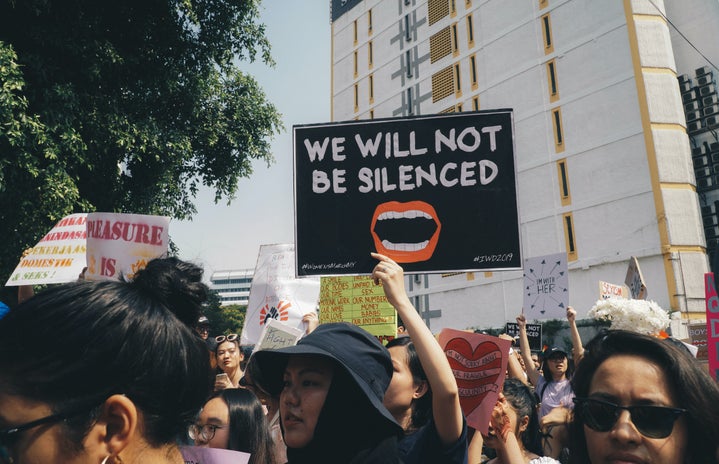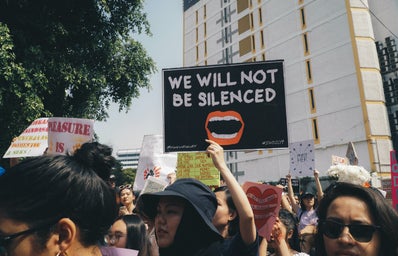In a healthy democracy, a free and independent media is essential for the proper functioning of the political system. The media serves as a watchdog, holding those in power accountable and providing citizens with the information they need to make informed decisions about their leaders and the policies they implement. This article will explore the importance of free media in democratic societies, how media can be controlled, and the impact of media control on citizens.
Firstly, a free media is a critical component of democratic societies, as it provides citizens with access to accurate and reliable information. This information is necessary for individuals to make informed decisions about their political leaders and the policies they advocate for. Without access to reliable information, citizens may be swayed by false or misleading propaganda, which can lead to disastrous consequences for democracy.
Moreover, a free media serves as a check on government power. By exposing corruption, human rights abuses, and other abuses of power, the media can hold those in power accountable and prevent the abuse of power. This is particularly pertinent in societies where the government has a history of corruption and abuse of power.
Media control can occur in various ways. Governments can impose direct censorship, control ownership of media outlets, or use economic pressures to control media content. In some cases, media outlets may self-censor, either out of fear of retribution or in an attempt to curry favour with those in power. Regardless of the method of control, the impact on citizens can be severe.
For example, in China, the government heavily controls the media and censors information that it deems harmful to its interests. This has resulted in a situation where Chinese citizens have limited access to information about the government’s actions and policies. In contrast, in the United States, media ownership is heavily concentrated in the hands of a few large corporations, leading to concerns about bias and the concentration of power in the media.
The consequences of media control can be severe, as citizens may be denied access to critical information about their government’s actions. This can lead to a situation where citizens are unable to hold their leaders accountable, resulting in a breakdown of democratic institutions. In addition, media control can lead to a situation where certain voices are silenced or marginalised, resulting in a lack of diversity of opinions and ideas.
Furthermore, the concept of free media is closely related to the broader concept of freedom of expression. In democratic societies, citizens have the right to express their opinions and ideas freely, without fear of retribution or censorship. This right is enshrined in many international human rights instruments, including the Universal Declaration of Human Rights.
Free media plays a crucial role in facilitating freedom of expression by providing a platform for diverse voices and opinions. This helps to ensure that all members of society can participate in the democratic process and have their voices heard. Without a free media, many individuals and groups may not have access to the resources necessary to express their views, resulting in a democratic deficit.
In conclusion, a free and independent media is necessary for a healthy democracy. It serves as a watchdog, holding those in power accountable and providing citizens with access to accurate and reliable information. It ensures that diverse voices and opinions are heard. Media control, whether through direct censorship or other means, can have severe consequences for individuals and society as a whole. It is therefore critical that governments and other actors respect the freedom of the press and work to ensure that citizens have access to a free and independent media. Media control, whether through direct censorship, ownership control, or economic pressures, can have severe consequences for citizens, leading to a breakdown of democratic institutions and a lack of diversity of opinions and ideas. It is therefore essential that governments and other actors respect the freedom of the press and ensure that citizens have access to a free and independent media.


